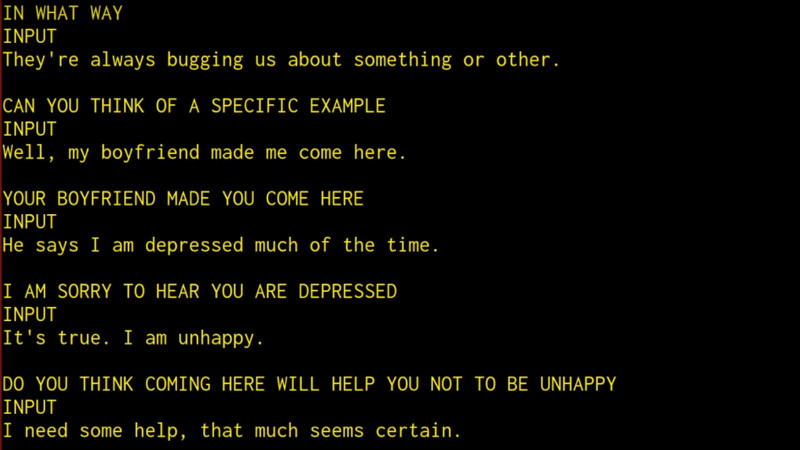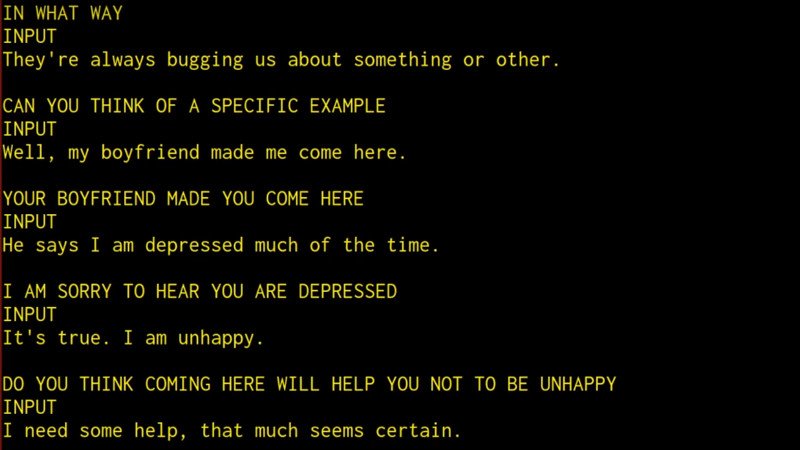
The last time we checked in with the ELIZA archeology project, they had unearthed the earliest known copy of the code for the infamous computer psychiatrist written in MAD-SLIP. After a lot of work, that version is now running again, and there were a number of interesting surprises.
While chatbots are all the modern rage, [Joseph Weizenbaum] created what could be the first one, ELIZA, in the mid-1960s. Of course, it wasn’t as capable as what we have today, but it is a good example of how simple it is to ape human behavior.
The original host was an IBM 7094, and MAD-SLIP fell out of favor. Most versions known previously were in Lisp or even Basic. But once the original code was found, it wasn’t enough to simply understand it. They wanted to run it.
Fortunately, there is an emulator for the IBM 7094. MAD-SLIP is around, too, but for whatever reason, didn’t support all the functions that [Weizenbaum] had used. The 2,600 lines of code are mostly undocumented, and the only copy was on fanfold printer paper, so the first step was getting the text in digital form.
Once it was manually transcribed, they found some functions were missing in their MAD-SLIP version. Rewriting the functions and correcting a typo made everything work.
The original version had a learning mode that did not carry over to the later clones. There’s an example of how to teach new rules in the paper. You can also see a video (below) of the original code duplicating (nearly) the original published conversations from the 1966 paper.
We have been following the team for some time and they’ve made their work available if you want to try it. We have thought a lot about Eliza since the chatbots have started taking over.
This articles is written by : Fady Askharoun Samy Askharoun
All Rights Reserved to Amznusa www.amznusa.com
Why Amznusa?
AMZNUSA is a dynamic website that focuses on three primary categories: Technology, e-commerce and cryptocurrency news. It provides users with the latest updates and insights into online retail trends and the rapidly evolving world of digital currencies, helping visitors stay informed about both markets.
